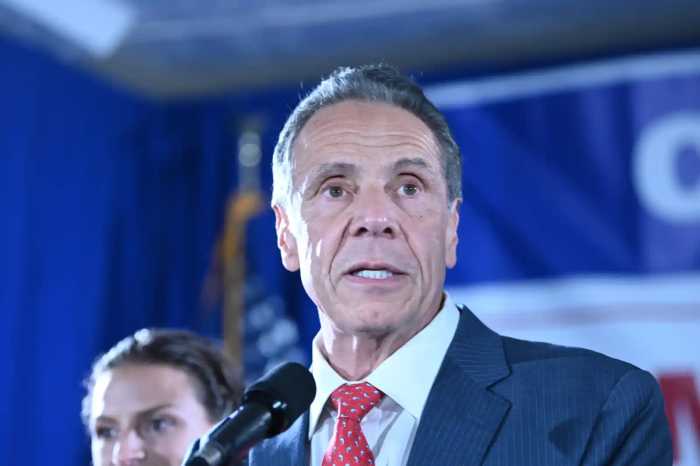Ackerman: Keep Unhealthy Animals Out of Nation’s Food
United States Congressman Gary Ackerman sent a letter to U.S. Department of Agriculture (USDA) Secretary Thomas Vilsack which expresses his continuing concerns over unhealthy livestock entering the nation’s food supply and the inhumane treatment of animals.
For nearly two decades, Ackerman has sponsored legislation to ban unhealthy livestock, known as downed animals, from the nation’s food chain. The congressman has argued that sick, diseased or injured animals should be humanely euthanized rather than dragged to slaughterhouses, then sent on to America’s supermarkets, butcher shops and restaurants.
In 2003, after the first confirmed case of Mad Cow disease in the United States, the USDA finally imposed a loose and temporary version of Ackerman’s bill. Then in 2009, a year after a California slaughter plant permitted downed cattle to enter the food supply – resulting in the largest meat recall in U.S. history – the USDA banned the slaughtering of any downed cattle for human consumption, and mandated that these animals be humanely euthanized.
In his letter to Vilsack, Ackerman urged that these laudable protections be made permanent, and that the loophole that exempts calves be closed.
Ackerman also urged in his correspondence that the USDA explicitly ban all egregious acts of cruelty on disabled or injured animals, including forceful striking with an object, dragging, ramming with machinery, use of electric shock or water pressure, and other extreme methods.
In addition, Ackerman called on Vilsack to improve inspector training on humane-handling requirements; expand inspector presence to allow continuous observation of live animals as they are offloaded, moved through pens and chutes, and handled in stunning areas and on the bleed line; and mandate that inspectors report all humane-handling violations.
Further, he pressed the secretary to establish an ombudsman to provide an avenue for whistleblower concerns, and to help ensure that inspectors can carry out their responsibilities without undue interference.
































